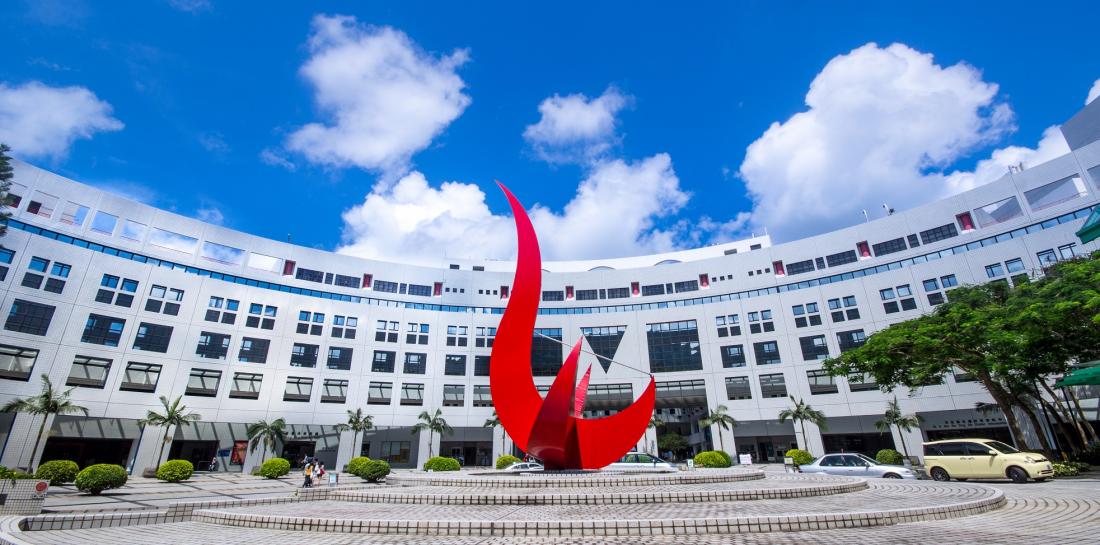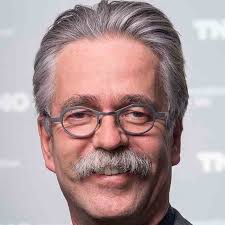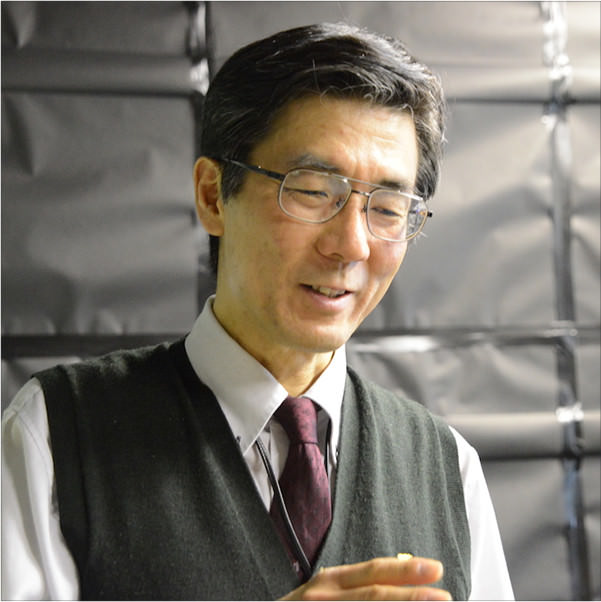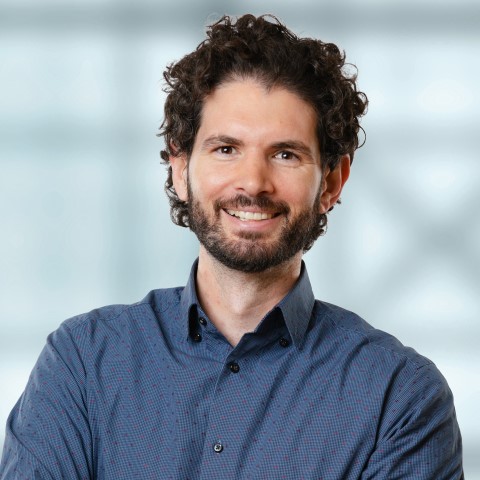OVERVIEW
THE 7TH INTERNATIONAL SYMPOSIUM ON VISUALLY INDUCED MOTION SENSATIONS
PRELIMINARY CONFERENCE SCHEDULE
Zoom Virtual Background

Abstract Deadline: 15 November 2020 (CLOSED)
Acceptance Notification: 20 November 2020
Registration: Free but need to register. Register here!
Virtual Reality (VR) has gone beyond being marketing gimmicks to accessible and impactful technology. Its 3D immersive ability and the associated illusions of self-motion remain the major unique and attractive features of the technology. This biannual conference is dedicated to scientific exchanges of knowledge to develop states-of-the-art VR experience. The conference has the tradition of attracting members of ISO and CIE standard drafting committees on image safety (e.g., ISO/TR 9241 Ergonomics of human-system interaction Part 393: Structured literature review of visually induced motion sickness during watching electronic images and Commission Internationale de L'eclairage CIE TC1-67). VIMS2007 was started in HK, and after going through the globe via Netherlands, UK, US, Japan, Canada, the International Conference Committee has voted to bring it back to HK.
Major Themes
User experience with immersive / augmented Virtual Reality (VR) experience
Industrial applications of VR
Side effects of VR experience and their prevention
360 degree video and audio
User psychology in VR simulation
Social aspects, regulations and standardization
Symposium Chair
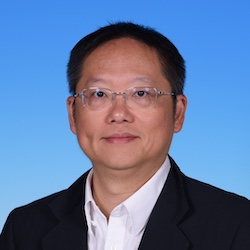
Prof. Richard SO
Department of Industrial Engineering and Decision Analytics,
The Hong Kong University of Science and Technology
Local Scientific Committee
Prof. Henry Lau, University of Hong Kong
Prof. Rynson Lau, City University of Hong Kong
Prof. John Rodd, Chinese University of Hong Kong
Prof. Richard So, HKUST
International Technical Committee
Prof. Frederick Bonato, United States
Prof. Jelte E. Bos, Netherlands
Prof. John Golding, United Kingdom
Prof. Graham Harding, United Kingdom
Prof. Peter Howarth, United Kingdom
Prof. Robert Kennedy, United States
Prof. Behrang Keshavarz, Canada
Prof. Tohru Kiryu, Japan
Prof. Andrew Lam, Hong Kong
Prof. Eric Muth, United States
Prof. Charles Oman, United States
Prof. Ken Sagawa, Japan
Prof. Richard So, Hong Kong
Prof. Thomas A. Stoffregen, United States
Prof. Yukitoshi Takahashi, Japan
Prof. Takeo Takahshi, Japan
Prof. Mark Turner, United Kingdom
Prof. Hiroyasu Ujike, Japan
Prof. Arnold J. Wilkins, United Kingdom
Prof. Makoto Yoshizawa, Japan
Supporting Sponsors
Keynote Speakers (more to come)
Prof. Jelte Bos
Prof. Dr. Jelte E. Bos holds an M.Sc. degree in physics and a Ph.D. degree in medicine. He works at TNO, a Dutch applied scientific research organisation, and holds a chair at the Faculty of Behavioural and Movement Sciences, Vrije Universiteit, Amsterdam. His work concerns the effects of physical and visual motion on human health, safety, comfort, and performance, with a particular interest in neurophysiological and control-theoretical understanding of self-motion perception and motion sickness.
Dr. Hiroyasu Ujike
Dr. Hiroyasu Ujike is the convener of ISO/TR 9241 and CIE TC1-67 working groups on image safety. He is a group leader of the Multimodal Interaction Research Group, National Institute of Advanced Industrial Science and Technology (AIST), Tsukuba, Japan. He holds an engineering degree in robotics and a doctor degree in engineering on human lens accommodation. His research on parallactic depth perception had triggered his interest in the interaction between visual and non-visual information, leading him to work on visually induced motion sickness in 2002. His chaired VIMS2015 in Japan.
Prof. Stephen Palmisano
Prof. Stephen Palmisano is internationally recognized as an expert on self-motion perception and vection. He has almost 30 years experience studying visual, auditory and multisensory illusions of self-motion. He obtained his PhD at the University of New South Wales on self-motion perception. After working with Prof. Ian Howard on vection and stereopsis at York University in Canada, Stephen returned to Australia in 2000 to build his own vection laboratory at the University of Wollongong. Stephen’s recent research is focussed on experiences of vection, presence and motion sickness during head-mounted display based virtual reality.
Prof. Thomas Stoffregen
Prof. Thomas Stoffregen has studied motion sickness since 1991. His work includes development of a novel theoretical perspective on motion sickness etiology, and more than 20 years of experimental studies of motion sickness across a wide variety of situations and conditions. These include military flight simulators, projection virtual environments, desktop computers, tablet computers, head-mounted displays, and ships at sea, with subject populations from children to middle-aged adults. His research has been supported by NIH, NSF, and the European Community.
Prof. Behrang Keshavarz
Prof. Behrang Keshavarz is a scientist at The KITE Research Institute at Toronto Rehab–University Health Network and an assistant professor (adjunct) with the Department of Psychology at Ryerson University. He received his PhD in cognitive and experimental psychology from the Johannes Gutenberg University Mainz, Germany, in 2012. Dr. Keshavarz’s research combines modern Virtual Reality technologies with traditional behavioural and neuro-cognitive measures to investigate human cognition, perception, and performance. His research focuses on (visually induced) motion sickness associated with the use of VR applications. In addition, Dr. Keshavarz uses neuro-cognitive and behavioural measures to explore the sensation of self-motion in VR.
Prof. John Golding
Prof. John Golding graduated from the University of Oxford with dual degrees in biochemist and psychology, as well as a DPhil on the physiological and psychological effects of nicotine (smoking). He subsequently worked as a research fellow at the Pharmacology Department of Newcastle Medical School before joining the Institute of Naval Medicine, RAF Institute of Aviation Medicine and Centre for Human Sciences (DERA). He is now a Professor of Applied Psychology at the University of Westminster, London. His current research projects are mainly in the fields of motion sickness, vestibular disorders, spatial disorientation and health psychology.
